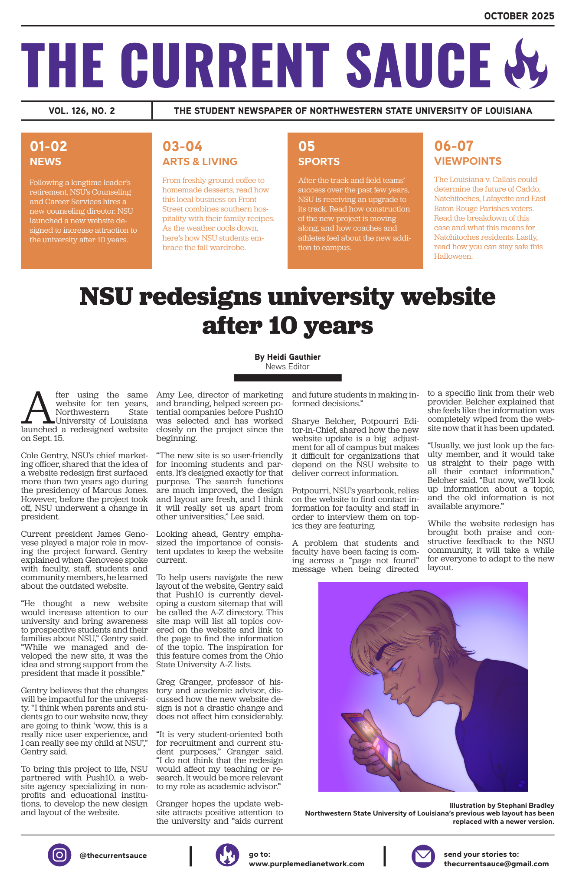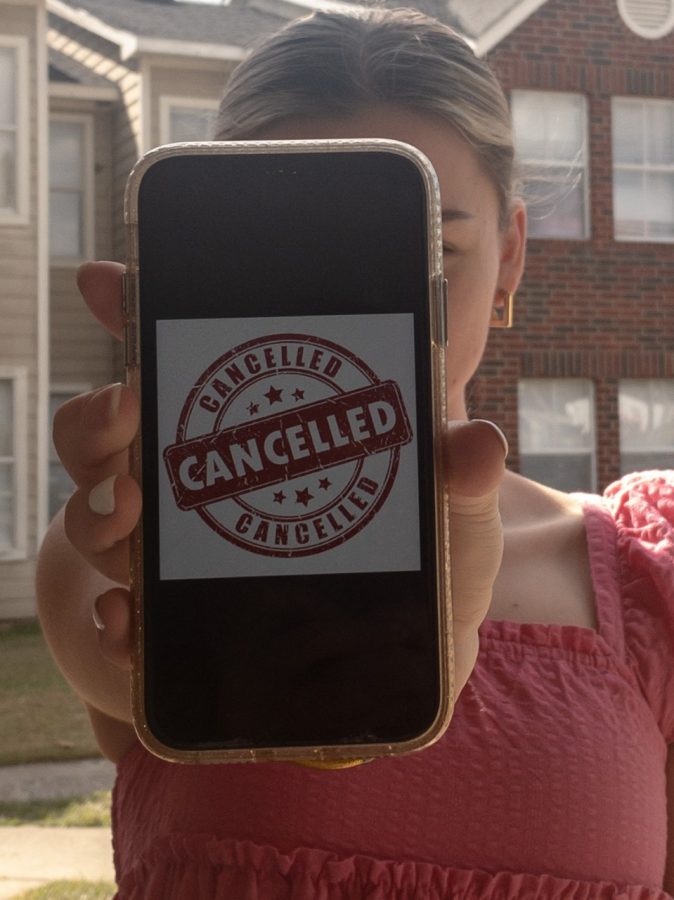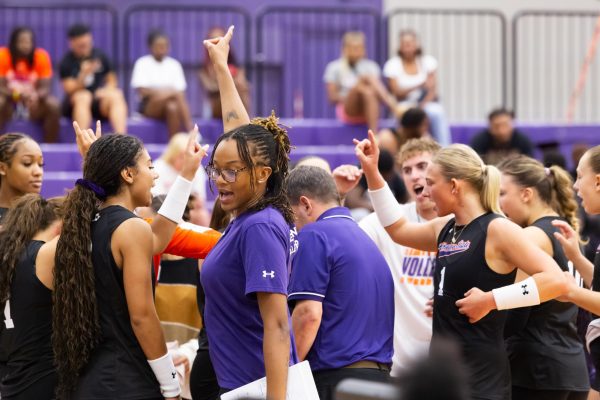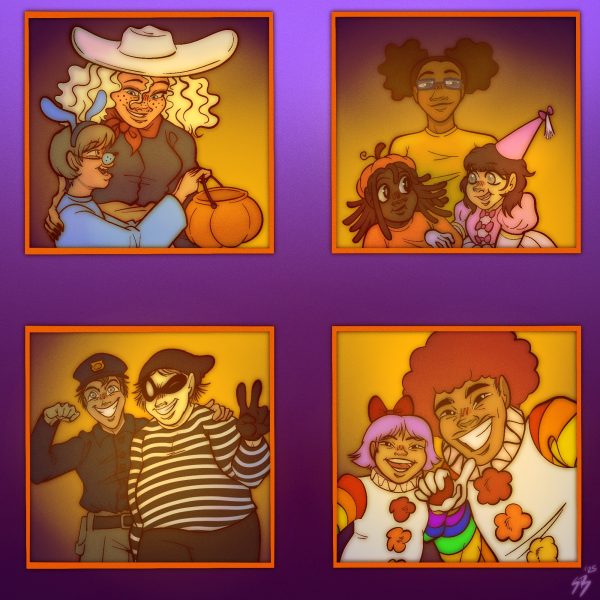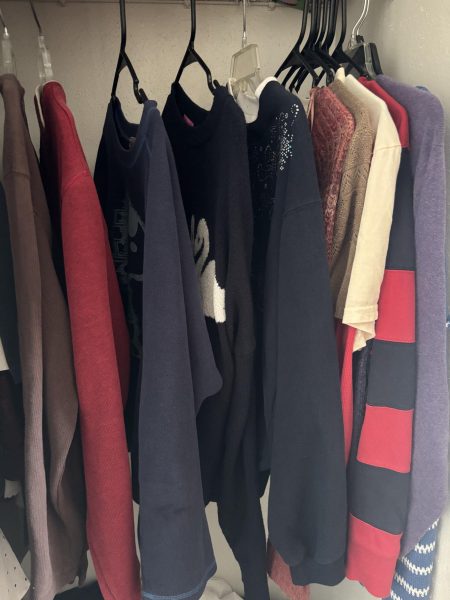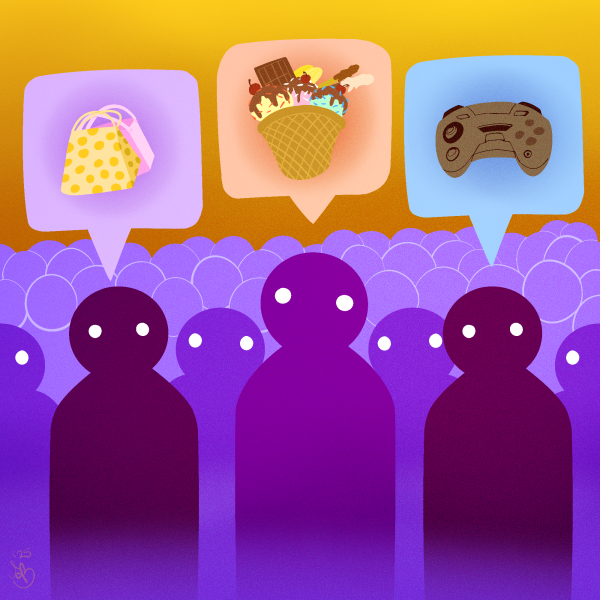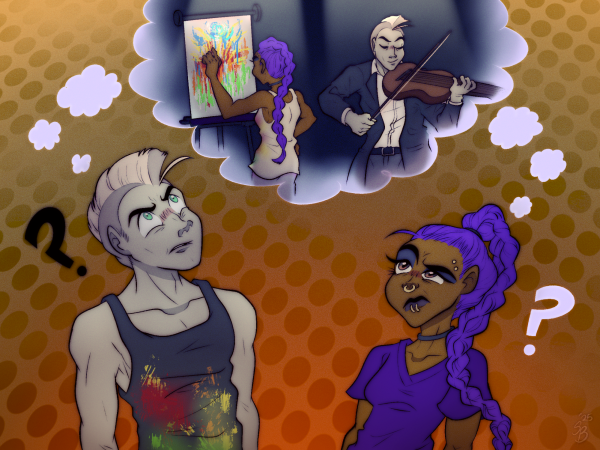The new wave of cancel culture
But 2020 also saw the birth of a new type of culture, one aimed at making a change, using the power of the ability to spread an idea, reveal the facts, and understand that in order to make a difference, we all had to unite. We all had to engage in cancel culture.
2020 saw the birth of a newfound power amongst those with social media presence, those beyond simple celebrities or influencers. Everyone had a voice via the worldwide web, especially in a time when our only contact with others was through the devices in our hands.
But 2020 also saw the birth of a new type of culture: one aimed at making a change, using the power of the ability to spread an idea, reveal the facts and understand that in order to make a difference we all had to unite. We all had to engage in cancel culture.
“Simply put, cancel culture is the idea of taking away support for an individual, their career, popularity and/or fame because of something they’ve said or done that’s considered unacceptable,” says the website Good to Know, under an article titled “What is cancel culture – and who has been canceled?”
In this article, we see many examples of how powerful the cancel culture is, and how well it worked. We united our voices and effectively removed people who deserved to be removed from the public spotlight. Some examples such as R. Kelly, Harvey Weinstein, and J.K. Rowling.
But cancel culture has also paved the way for misunderstandings. Everyone was so quick to take things at face value and quickly assume the worst based on a singular image, sometimes even without fact-checking sources.
Forbes released an article titled, “Cancel Culture Is Only Getting Worse,” where they explain the various times that cancel culture has dropped to a local level, ruining ordinary people’s careers. Now, the issue isn’t in the fact that these people were ‘ordinary,’ because anyone can do wrong and deserve to be exposed, but unlike the big examples before, these ordinary people really have no voice. It’s the entire world against them, and no one listened before, and certainly wouldn’t be listening after.
This causes problems when such people have done no wrong. “The victims of cancel culture are generally not powerful people. They are often vulnerable people who suffer devastating harm.”
The article goes on to give some anecdotal evidence of moments where cancel culture became more of a pack mentality than an actual, beneficial movement.
“A professor at the University of Southern California was placed on leave for using a Chinese word that some people think sounds like the n-word even though it is simply the Chinese word for ‘that.’ The professor is a member of USC US-China Institute and was teaching a communications course and was using the word to illustrate how different languages use different words to fill in pauses.”
So, cancel culture was born in a time when nobody could speak loud enough to be heard over the power of those with money and attention.
The “MeToo movement” is one big example where power in numbers overwhelmed any amount of money thrown into the many forms of corruption present in our capitalistic country, but almost 3 years after the initial wave of cancel culture, we can see how powerful it became.
In no way am I telling anybody to stop participating, or to ignore wrongdoings done by those in any social position, but I warn you to be conscious of the power we now hold. Know your facts, and understand that social media is a tool, but it can also be a weapon.

